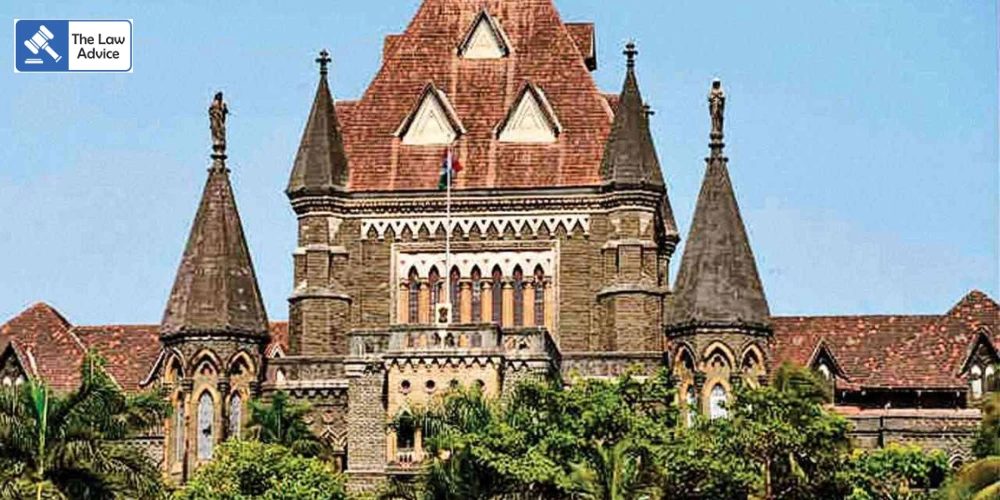
The Bombay High Court has held that the absence of an opportunity to cross-examine witnesses in proceedings under the Prevention of Sexual Harassment (POSH) Act does not automatically invalidate the inquiry, particularly when the foundational facts are admitted and no prejudice is shown. The Court emphasized that Internal Complaints Committee (ICC) inquiries are fact-finding in character and are not governed by strict rules of evidence and procedure.
Justice N.J. Jamadar was hearing a writ petition filed by a Captain with Akasa Air challenging the ICC’s final report, which had recommended certain corrective measures against him. The petitioner contended that the proceedings suffered from legal infirmities due to the denial of cross-examination and lack of a personal hearing, and sought to have the report quashed. The airline opposed the plea, pointing out that the petitioner had a statutory appellate remedy under Section 18 of the POSH Act.
The Court reiterated that where a statute provides for an appellate remedy, the writ court should ordinarily refrain from exercising its jurisdiction under Article 226. It noted that Section 11(1), second proviso, mandates that parties must be given an opportunity to be heard and provided a copy of the findings, but does not prescribe a mandatory oral hearing in every case.
Observing that the ICC is not bound by the strict rules of the Indian Evidence Act, the Court held:
“It is not imperative that the aggrieved party be granted an oral hearing in all situations. In the present case, the record indicates that the petitioner was supplied with the preliminary findings and allowed to submit his representation.”
The Court further noted that since the essential facts were not in dispute, the absence of cross-examination did not cause prejudice warranting judicial interference. It held that lack of formal cross-examination, in such circumstances, does not, by itself, vitiate the inquiry.
Finding no exceptional grounds to invoke writ jurisdiction in bypassing the appellate remedy, the Court dismissed the petition. However, it permitted the petitioner to file an appeal under Section 18 within four weeks, directing that the time spent in pursuing the writ petition be excluded for limitation purposes.
Case Title: ABC v. Internal Complaints Committee, Akasa Air & Ors.
Writ Petition (ST) No. 15574 of 2025
Website designed, developed and maintained by webexy